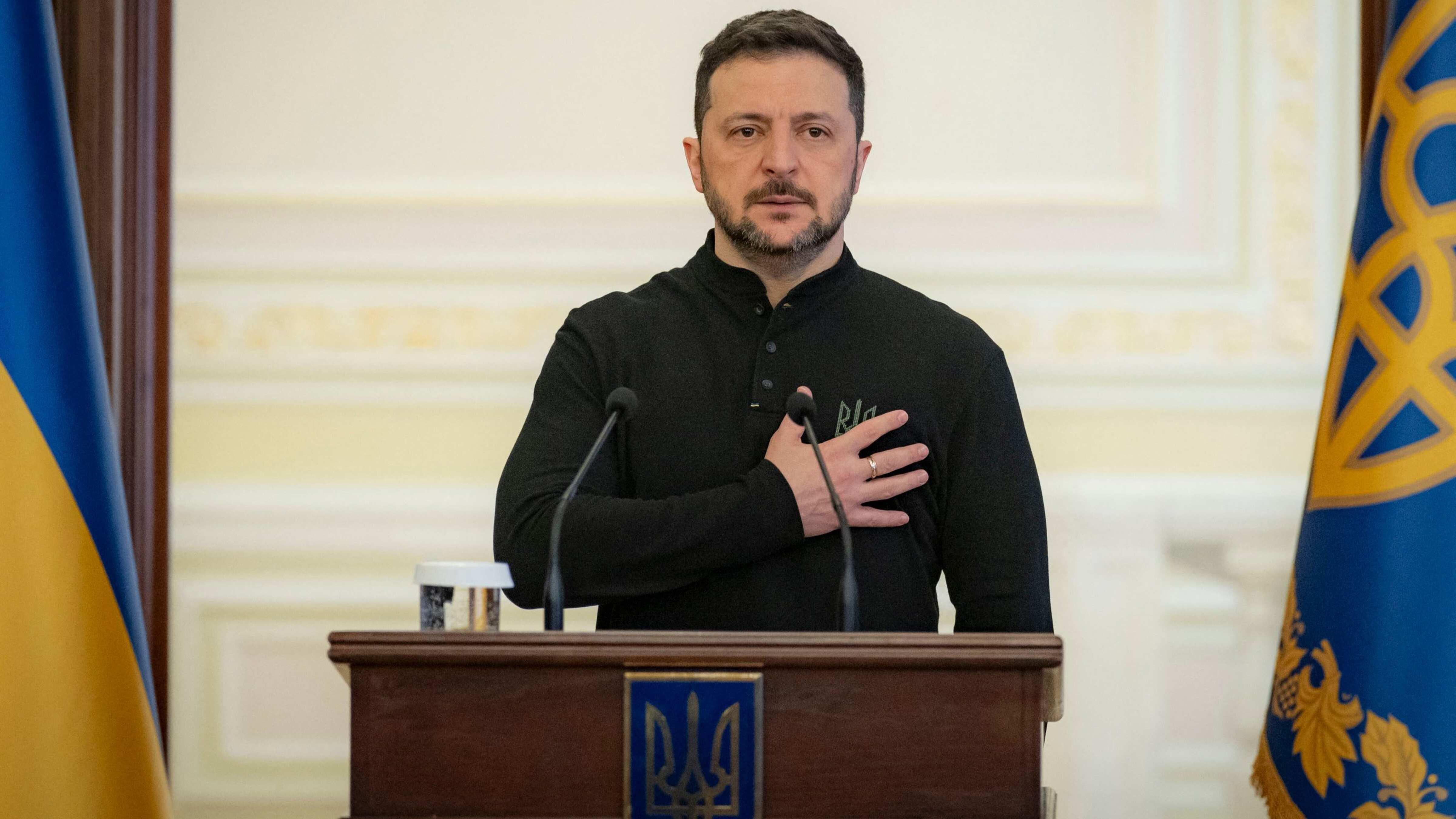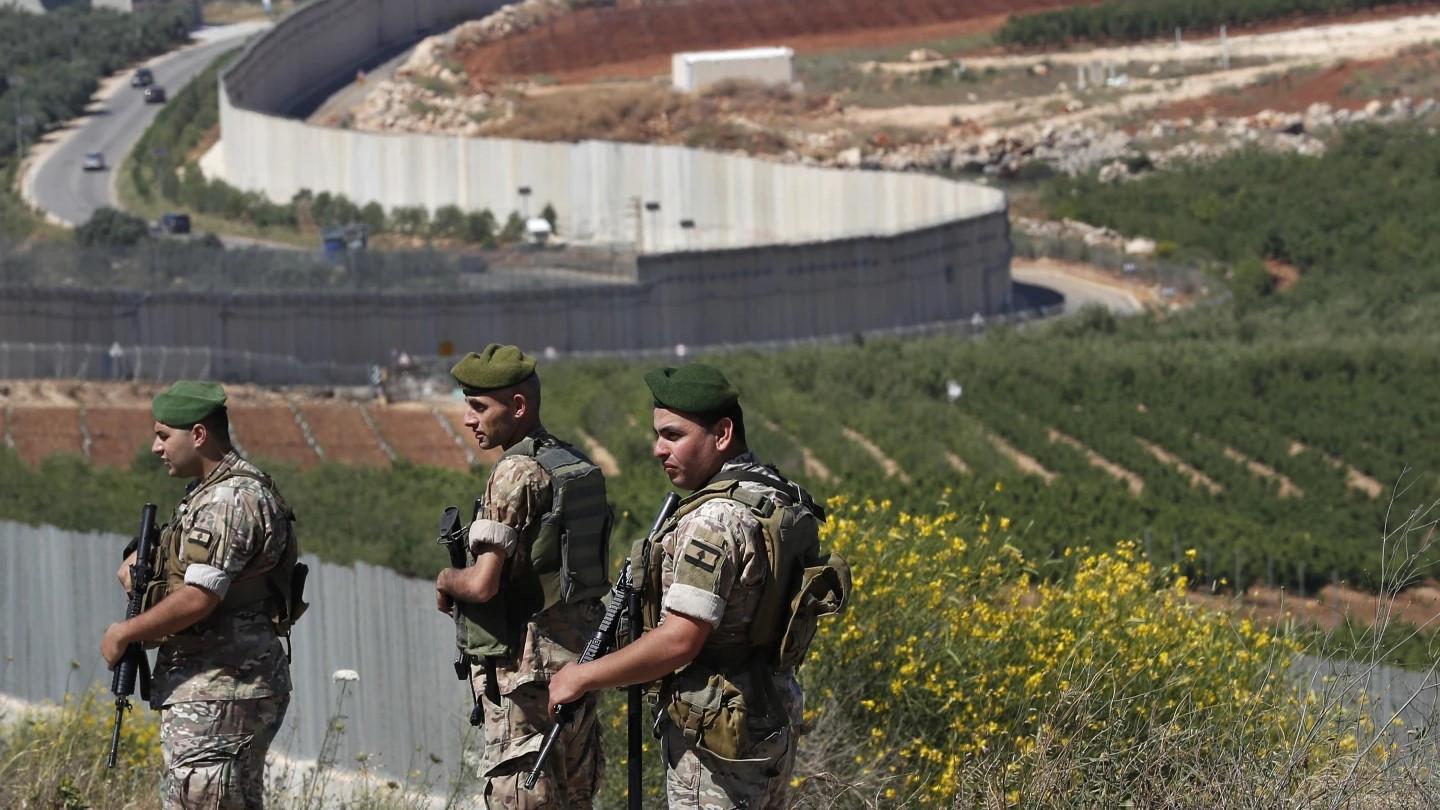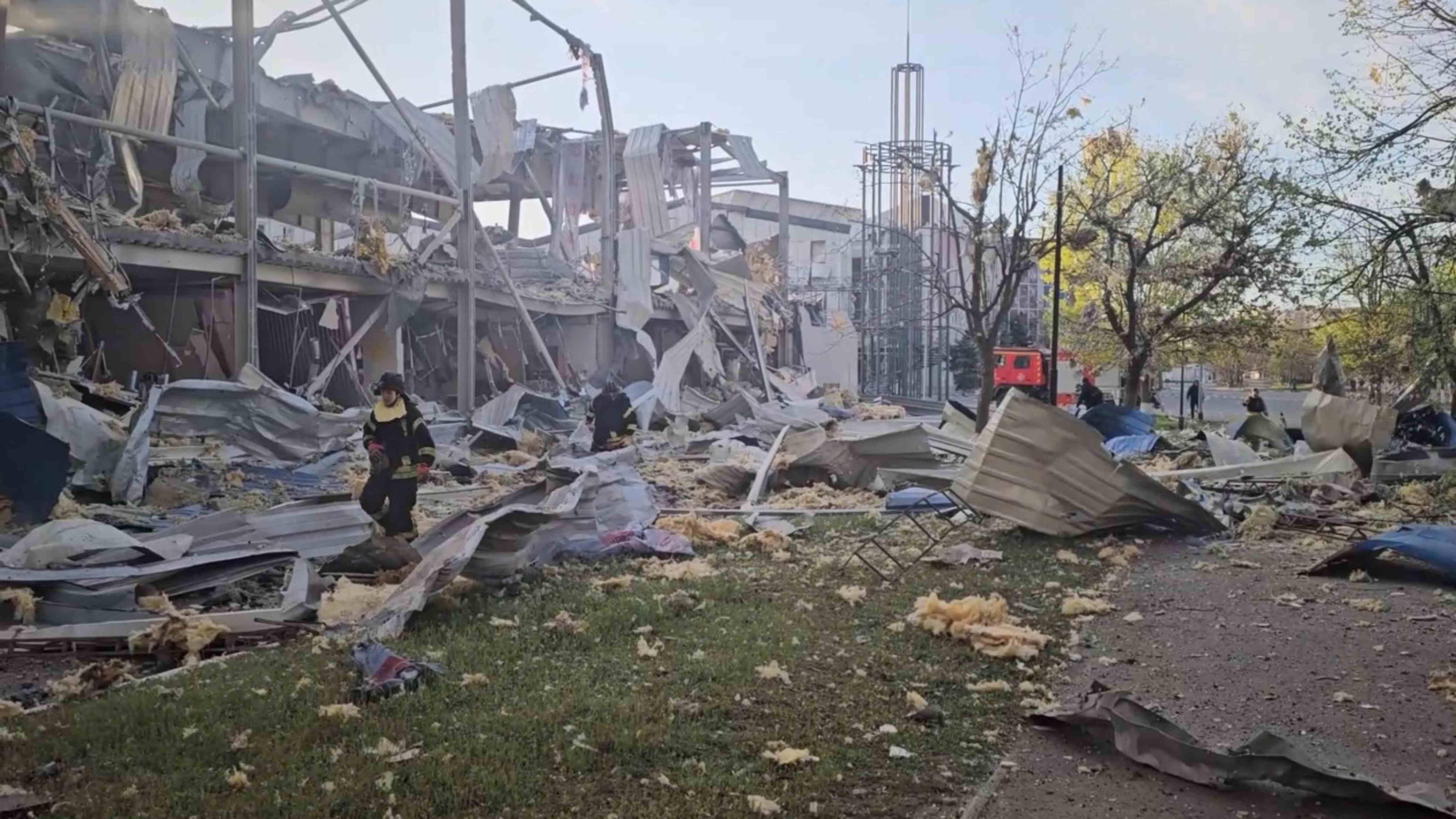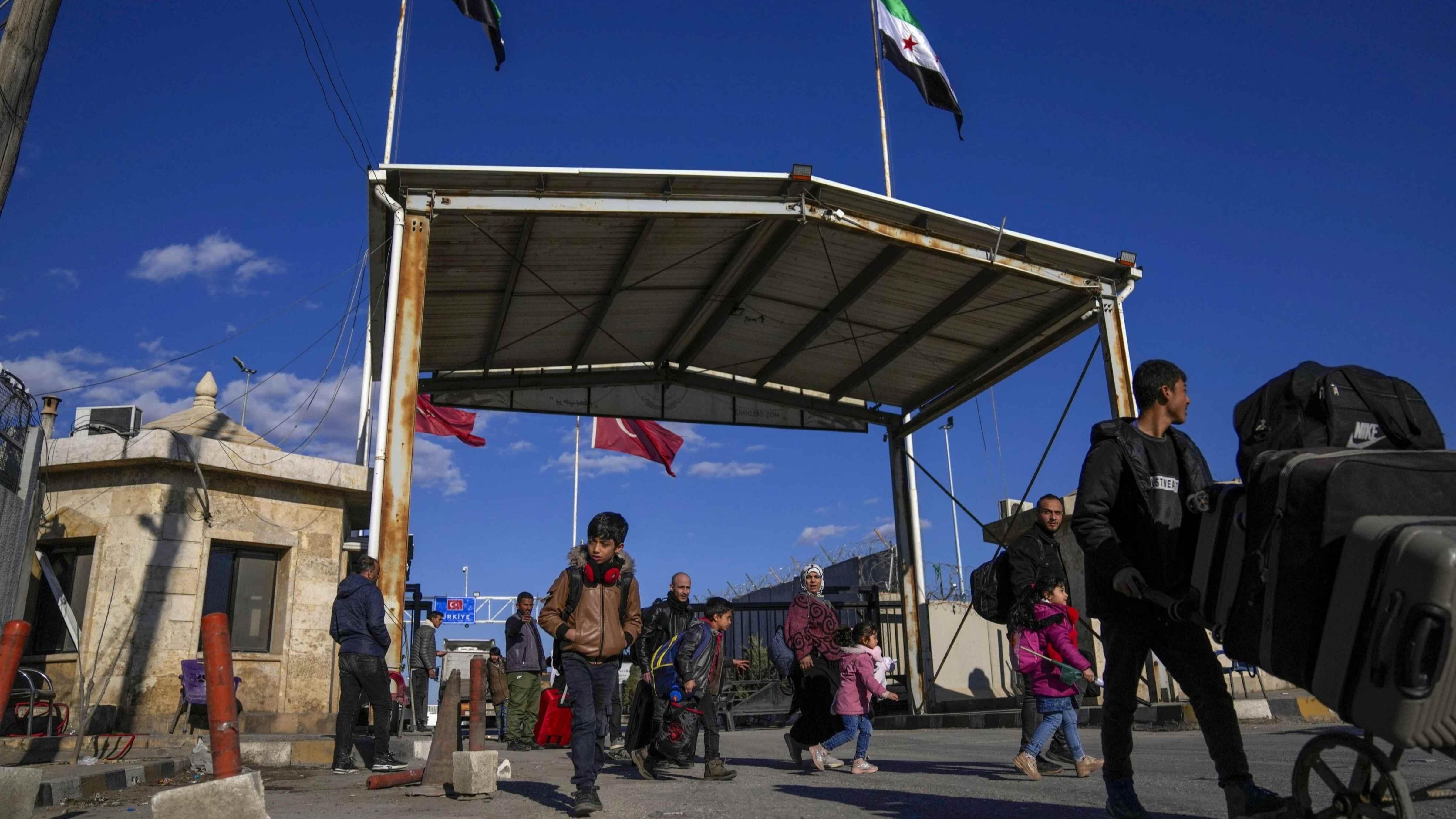Ukrainian protesters block main government building
KIEV - Reuters
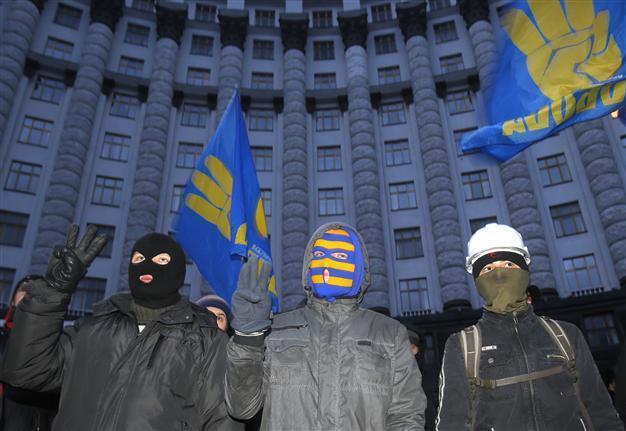
Protesters stand in front of Cabinet of Ministers' building in Kiev, Ukraine, early Dec 2, 2013. AP Photo
Ukrainian protesters Dec. 2 blockaded administrative buildings and camped on Kiev's central square in a bid to oust the government after police brutality and a row over an EU pact plunged the nation into its worst political crisis in a decade.European Union powers condemned the recent violence and called for restraint from Kiev while President Vladimir Putin of Russia, which wants closer ties with ex-Soviet Ukraine, slammed the anti-government protesters. Incensed by a crackdown on an opposition rally calling for the resignation of President Viktor Yanukovych and his government, more than 100,000 people, led by politicians like world boxing champion Vitali Klitschko, poured into the streets of Kiev and other Ukrainian cities on Sunday.
The biggest demonstrations since the pro-democracy 2004 Orange Revolution degenerated into unprecedented clashes with riot police who fired stun grenades and smoke bombs at masked demonstrators, who in turn hurled stones and tried to storm Yanukovych's office.
Speaker Volodymyr Rybak told reporters that the parliament, the Verkhovna Rada, which is controlled by Yanukovych's ruling party, would on Tuesday discuss a vote of no-confidence against the government.
Some 15,000 supporters of closer relations between the ex-Soviet state and the European Union Dec. 2 camped out in tents on Independence Square Monday. "We will stay here until the victorious end, until the government, the president and the parliament are removed," said Stepan Galabar, a 22-year-old protester from the western town of Kolomyia, munching a sandwich in his tent.
Opposition supporters blockaded the main government building and occupied the mayor's office as officials tried to carry on with their work.
Authorities said 190 had been injured, including police, demonstrators and more than 40 journalists.
Seeking to capitalise on Ukrainians' anger at corruption and economic woes, the opposition hopes to sustain momentum for what it has called a new "revolution." But during a visit to Armenia, Putin slammed the protests in Ukraine as something "more like a pogrom than a revolution." In a phone call on Monday, Yanukovych asked President of the European Commission Jose Manuel Barroso to receive his aides to further discuss the pact, the EU said.
Answering an opposition call to launch a nationwide strike, the mayor of the fiercely pro-Western city of Ivano-Frankivsk and his deputies took an unpaid leave of absence in "solidarity with the strikers." In another western city of Ternopil, teachers joined the protest.
Linguistic and historic fault lines have traditionally divided Ukraine into the Russian-speaking pro-Kremlin east and Ukrainian-speaking pro-European west.
Many in the east don't share protesters' passion for a European Ukraine.
"We do not need Europe, we need Russia," said Lyudmila Ivanova, a 66-year-old retiree from the president's powerbase of Donetsk.
Pro-EU Ukrainians exploded in anger after Yanukovych's government suddenly announced on November 21 it would not be signing a political and free trade agreement with the EU that would have marked a break from its Soviet-era master Moscow. The EU has set the release of Yanukovych's top rival, former prime minister Yulia Tymoshenko, who in 2011 was sentenced to seven years on abuse of power charges, as a key condition for the deal.
The protesters' fury was amplified after riot police carried out a pre-dawn swoop on demonstrators on Saturday, forcing several hundred to take shelter in an ancient monastery.
The 63-year leader attributed his last-minute U-turn on the EU agreement down to Ukraine's precarious economic situation, pressure from the Kremlin and a lack of financial support from the EU.
But many analysts have said Ukraine's fourth president has been primarily driven by concerns over his own future rather than that of the nation of 46 million.
The opposition has said Yanukovych cannot afford to release the fiery leader of the Orange Revolution from jail ahead of 2015 presidential elections.
Washington and Brussels have condemned the violence and urged authorities to show restraint. France and Poland separately condemned the violence.
"We encourage all parts of Ukrainian society to resolve their differences peacefully," said Maja Kocijancic, a spokeswoman for EU foreign affairs chief Catherine Ashton.
Germany's foreign minister Guido Westerwelle said in a statement the huge rallies showed "the heart of Ukrainian people beats in a European way." Special EU envoy Aleksander Kwasniewski said Yanukovych was unlikely to resign.
"It is much more likely that tougher measures like the introduction of an emergency situation in Kiev or over a larger part of the country will be used," he told RMF radio.


